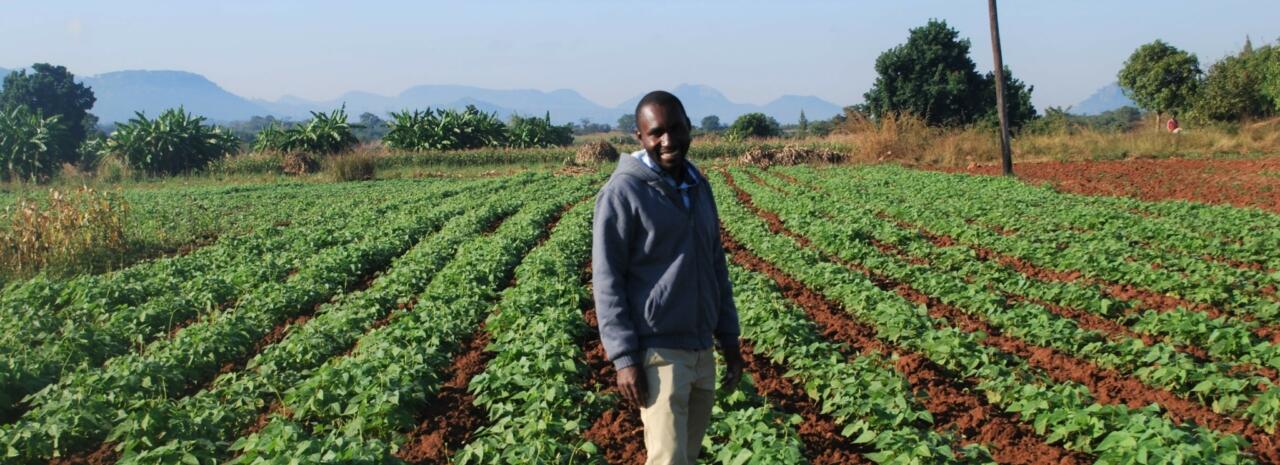
Cases show way for climate-smart farming in Zimbabwe
Seven successful cases of climate-smart agriculture (CSA) in Zimbabwe, documented by Genesis, are to be included in a manual being written for the country’s eight agricultural colleges.
Genesis was contracted by Vuna, a regional DFID-funded programme on CSA to document these cases.
CSA is foremost among the approaches in the agricultural sector to tackle the threats from a changing climate and a number of Zimbabwean governmental and non-governmental entities have adopted it as their main approach to tackling climate change.
This project was intended to improve the understanding of this concept by documenting practical examples of its application in Zimbabwe, particularly among smallholder farmers.
Genesis has also assisted the Department of Agriculture in Zimbabwe on the process of establishing a unit dedicated to climate change. It is expected to be launched in early 2018.
The seven detailed case studies from six provinces were documented, showcasing CSA practices such as conservation agriculture, solar-powered drip irrigation, low-cost aquaculture, production and preservation of supplementary fodder for livestock, local crop variety testing, and integrated renewable energy (biogas, solar) in crop/livestock systems.
Following a presentation of these studies to key officials in the ministries of Agriculture and of Environment, Water and Climate, a decision was taken to integrate the cases into a Climate Smart Agriculture Manual for use in Zimbabwe’s eight agricultural colleges.
In these cases key technical elements of these interventions were described, including farmers’ sentiments of their suitability to smallholder systems as well as their impact on productivity, incomes and climate resilience.
Each case study was also analysed for its ‘climate smartness’ in line with the three CSA pillars: sustainable increase in productivity and incomes; greater resilience and adaptive capacity; and contribution to reducing emission of greenhouse gases (mitigation). The ‘scalability’ and sustainability of each intervention was assessed to determine potential for wider application and impact on people’s livelihoods.
The seven cases that were documented:
- Solar-powered drip irrigation: Zinkondweni irrigation scheme
- Rain-water harvesting: The story of Mr Zephaniah Phiri Maseko 3. Conservation agriculture: A widow’s success story
- Transformational adaptation: From crops to fish farming
- Fodder production and preservation for livestock feeding: Guyu fodder project
- A systems approach to CSA: Integrating renewable energy into crop/livestock systems
- Towards a Climate Smart Village: Hezekiah Village, Gokwe North District.
Read more about our work on climate-smart agriculture education and policy